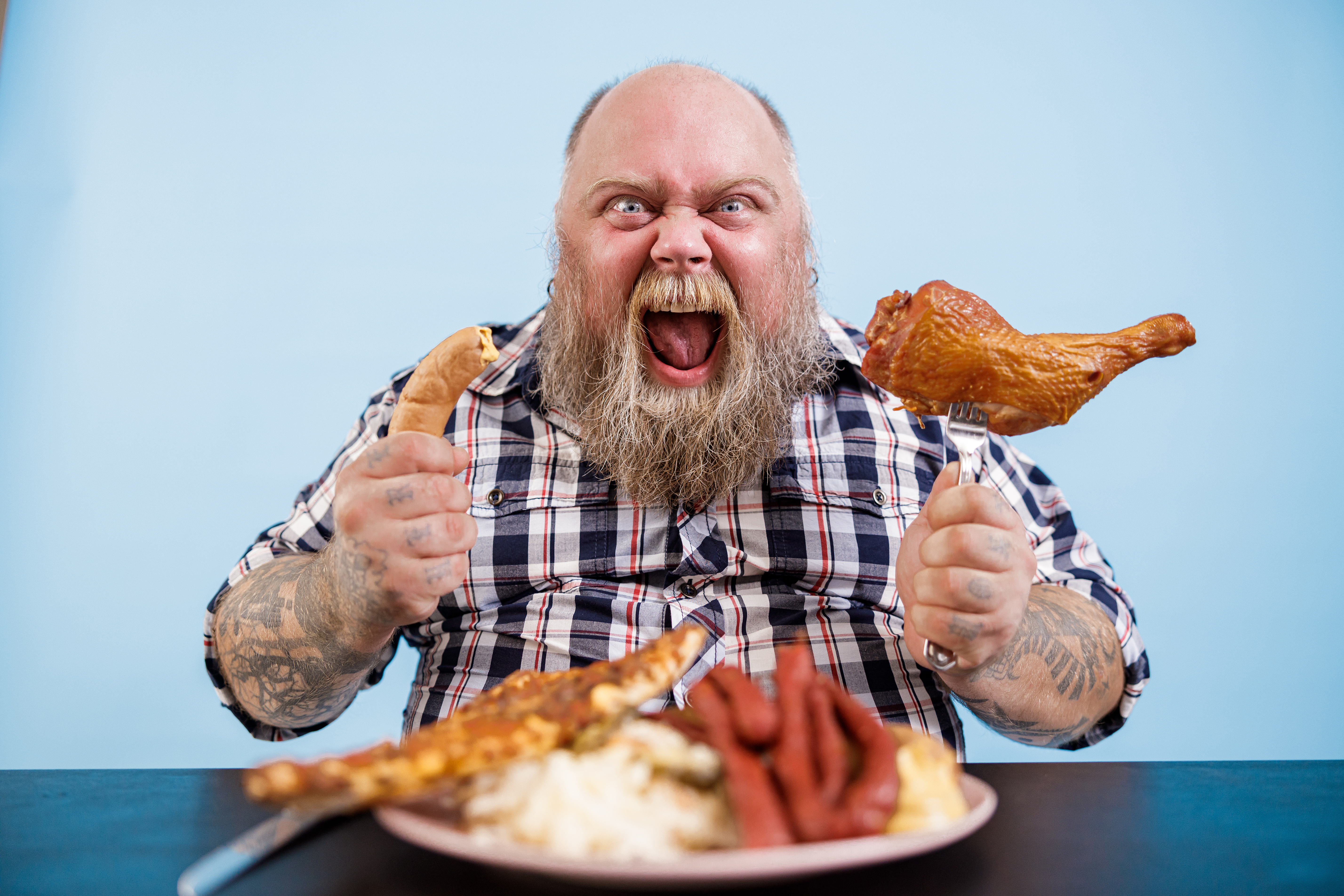Nine Dieting Missteps Everyone Makes but Nobody Talks About
Misstep Five: Emotional Eating

Emotional eating is a common response to stress, boredom, or negative emotions, and it can sabotage dieting efforts. Many people turn to food for comfort, using it as a way to cope with feelings rather than addressing the underlying issues. This can lead to overeating and weight gain, as well as a cycle of guilt and shame. Recognizing the triggers for emotional eating is the first step in breaking the cycle and establishing healthier coping mechanisms.
To combat emotional eating, it's important to develop strategies that address both the emotional and physical aspects of hunger. This might involve identifying alternative activities that provide comfort and distraction, such as exercise, meditation, or engaging in a hobby. Additionally, practicing mindful eating can help individuals become more aware of their hunger cues and make more conscious food choices. By addressing emotional eating, dieters can improve their relationship with food and make more consistent progress toward their health goals.
Misstep Six: Setting Unrealistic Goals

Setting unrealistic goals is a common mistake that can lead to disappointment and frustration. Many dieters aim for rapid weight loss or drastic changes, which are often unsustainable. When these goals are not met, it can lead to a sense of failure and a loss of motivation. It's important to set realistic, achievable goals that take into account individual circumstances and lifestyle.
Realistic goals are more likely to be sustainable and can provide a sense of accomplishment and motivation. This might involve setting small, incremental goals that build upon each other over time. For example, rather than aiming to lose a large amount of weight quickly, focus on losing a smaller amount each week or month. Celebrating these small victories can boost confidence and encourage continued progress. By setting realistic goals, dieters can create a more positive and successful dieting experience, reducing the risk of burnout and increasing the likelihood of long-term success.
